The 7 Transformations in Vertical Leadership Development
Antoinette Braks, a Thought Leader in Vertical Leadership Development and Author of Executive Coaching in Strategic Holistic Leadership, provides this blog. It is a companion to her podcast Transformative Executive Coaching in Strategic Holistic Leadership.
There are seven key transformations in executive leadership capacity in the world today. They form the progressive stages in adult maturity or Vertical Development, in contrast to horizontal learning within a stage. The seven transformations are:
- Opportunist
- Conformist (Diplomat)
- Specialist (Expert)
- Achievist (Achiever)
- Catalyst (Individualist)
- Synergist (Strategist)
- Alchemist (Constructivist – Alchemist)
The stages of development form a holarchy where the strengths of each stage are incorporated in the following stage. As we progress through these stages of development we gradually release our shadow or personal reactive patterns based on the ego’s sense of insecurity and feeling “not good enough.” As we develop our leadership capacity, we grow in terms of perception, consciousness and perspective, and gradually embrace all of who we are with awareness, understanding, kindness, compassion and wisdom.
The stages of vertical leadership development were successively developed by three pioneering scientists: Jane Loevinger, Susanne Cook-Greuter and Terri O’Fallon. The descriptions of the stages is based on my studies with Susanne and Terri and Bill Torbert, and my decade of coaching experience explicitly focused on later stage vertical development for strategic divisional leaders. Let’s look at each stage in turn.
The Opportunist
The Opportunist is concerned with survival and security, Maslow’s first two needs. They are self-interested, relatively isolated and will get away with whatever they can. They operate on a day-by-day or minute-by-minute basis without a care for consequences. Their view of the world is that it is unsafe and everyone else is assumed to be an enemy. They play only to their own advantage.
The Opportunist is deceptive and manipulative. They are the executives who steal your ideas without recognizing their source, who always blame others when things go wrong, and seem to be unavailable when immediate help is needed. They will also attack first in order to defend themselves when feeling threatened and are completely adverse to feedback.
The Opportunist lives in fear, trusts no one and operates largely in fight, flight or freeze mode. This view of the world is their Autopilot. In 1995 some 4% of the Executive population were anchored at Opportunist, although this proportion has since reduced to 0%. Whenever our safety and security is threatened in the succeeding stages, it is relatively easy to regress back to the level of the Opportunist and resolve our situation based on self-interest alone.
The Conformist
The Conformist decides to play it safe. While they still view the world as a very challenging place to be, they believe that if they abide by all the rules and do what people in higher authority ask or tell them to do, they will be safe. They conform. They are risk averse and will only take action if instructed to do so. Most will also need a step-by-step approach mapped out for them. Their level of voluntary participation is relatively low.
In complying, Conformists give away their personal authentic power to positional authority. This leads to a sense of personal ineptitude that moves them to complain. In other words, when we give our personal power away to comply with others, we address this imbalance by complaining about others. If you know anyone in your workplace who complains a lot, they will be operating from a Conformist mindset. Around 10% of the Executive population are anchored at Conformist although there are very few anchored at this stage in organisations that invest in leadership development. It is a common fallback position for succeeding levels when under stress.
Conformists use reactive emotional strategies to get what they want. The three key strategies are appeasing others by being nice and bending over backwards to fit in – usually towards more senior people; controlling others by criticising, berating and offending others – usually towards more junior people; or otherwise withdrawing from people altogether by avoiding all communication and even eye contact.
All are unconscious emotionally manipulative techniques that produce workplace drama in the form of passive-aggressive behaviour manifesting in bullies and victims. We subconsciously base our boss-subordinate and peer-based interpersonal strategies on those we employed to get what we wanted as a child within the comparable context of parent-child and sibling dynamics.
The Specialist
The Specialist devotes themselves to their work. They wish to develop their skills, perfect their craft and focus on the details to get everything absolutely right. They switch their primary focus from being compliant and fitting in, to standing out through the course of their work. They are experts in their field and strong contributors dotting i’s and crossing t’s for as long as it takes to get something perfect. They can make up some 38% of the Executive population (1995) but this proportion too has dropped to under 10% in deliberately developmental organisations.
Specialists largely work individually and are focused on the quality of their work and mastery of their craft. They will drill down to the detail and ensure complete accuracy taking a perfectionist rather than pragmatic approach. A micro-manager is typically operating at the Specialist mindset. Their personal identity merges with their work so they take feedback very personally. They tend to be emotionally reactive on the receiving end of constructive feedback and emotionally responsive to recognition and praise.
While the reactive behaviours are still present, they are now more associated with their work than trapped within the power struggle of the endemic parent-child and sibling dynamics. They are driven by the need to perfect their work, which is a quantum step up the spiral from Conformist. Focusing on increasing the quality of our own work based on our own albeit critical view of self and others, leads to continuous improvement.
The Achiever
The Achiever is a pragmatist rather than a perfectionist. Their goal is “fit for purpose” rather than perfect. The Achiever begins to consider how their work meets the needs of colleagues, customers and clients. Their focus extends to the impact of their work rather than just the work itself. They are open to feedback on their work, can manage change, drive projects, meet deadlines, produce results and heed the customer.
Achievers also shift from working individually to working effectively with others as team players. They enjoy being in the driving seat and driving initiatives forward. They are competitive, strong performers, will do what it takes to win and enjoy the glow of success. Achievers can also be very black and white. This enables them to be decisive and proactive albeit somewhat shortsighted compared to more advanced stages of development when life becomes shades of grey.
Customer-centric organisations adopt an Achiever mindset by creating feedback loops and generating team accountability for customer interactions and the customer experience. The introduction of scorecards to drive results and address gaps in performance supports the Achiever’s competitive, capitalist worldview.
In the mind of the Achiever, the world is made up of winners and losers and their primary focus is to strive for more. This keeps them on the treadmill of doing more, wanting more and getting more. What they have is never enough. This vicious cycle is extremely stressful!
In 1995 they made up some 33% of the Executive population. The proportion peaked at 60% in organisations investing in stage development (2005) and is now dropping as more executives develop their leadership capacity at the later post-conventional level of Catalyst.
The Conventional World
Opportunists, Conformists, Specialists and Achievers are all mindsets in the conventional world. In 1995, 78% of a sample of 4,510 adults in the US held a conventional mindset (Cook-Greuter); in 2005 this was down to 70%, and in 2015, at 59% (Harthill Consulting, PwC) albeit their population sample is drawn from organisations actively investing in stage leadership development. Achievers work extremely well in the world.
However at these stages of leadership development or conscious awareness, we are not able to work on the world. We are not able to introduce and sustain transformational change that will create a better world. To do this we must make the shift to post-conventional later stages of leadership capacity. While this “new” world is uncertain and ambiguous, by developing our conscious capacity to navigate and transcend the chaos, we are able to redeem peace of mind, restore personal wellbeing and build the world anew.
The percentage of Catalysts is growing at the rate of approximately 10% in each of the last two decades. At this stage, we begin to navigate our world with a view to creating change but this novel capacity does not manifest fully until the following stage of Synergist. Only Synergists have been found to have the capacity to lead sustainable transformation in an organisation (Rooke and Torbert) and their numbers have only inched up slowly from 5% to 8% in the last 20 years.
It would seem that the container of the organisation can support the Catalyst mode of diverse open engagement, yet still inhibits the presence of Synergist leadership that can bring about real transformational and sustainable change. Thus a greater investment in leadership development that liberates Synergist capacity is essential to reinvent the organisation, the collective, at the corresponding evolutionary levels of green and teal (Laloux).
The Achiever tends to be very hesitant before they make the leap into what appears to them to be the great unknown. They must make the shift from the external world to their inner world. At this point the guidance and encouragement of a later stage Coach is invaluable to them. Indeed I would go as far as to say that Executive Coaching in Leadership Development with a Strategist or Alchemist Coach is essential to ease this shift and also a powerful investment by organisations that genuinely wish to foster global sustainable shared prosperity and community wellbeing.
The Catalyst
The Catalyst is the first post-conventional stage. It represents a leap into a new growth zone and an unfamiliar world. At the individuation phase of the Specialist we were focused on perfecting our work. At the individuation phase of the Catalyst we are focused on understanding ourselves: our thoughts and feelings, motives and fears, reactions and responses, and our deepest desires and aspirations. We ask existential questions: “Why?” “Why am I here?” and “What is the meaning of life?”
At Catalyst, we move into our personal growth zone where growing and evolving becomes our natural way of being. Even though the challenges we encounter along the way may be unfamiliar and disconcerting, for the participant, life is forever enriched. We shift from being satisfied with a life based on cause and effect to feeling our way forward in the world despite uncertainty in order to lead a more purposeful and fulfilling life based on conscious intention and committed action.
Catalysts are focused on engaging others, igniting change and working across boundaries. Their focus turns from the impact of their work on customers and clients to the input into the design and nature of the work itself through active early genuine engagement with all stakeholders. They are attuned to leveraging strengths, fueling personal growth and collaborating with others in order to exercise mutual power to co-create the best possible outcomes for the whole community.
The capacity to genuinely innovate and collaborate is initiated at Catalyst. At this mindset the inner world of the individual becomes more important than the external world within which they operate. In other words they heed their intuition and feelings to make decisions and generate new insights and ideas. They also listen from a much deeper place of inquiry and can therefore create a deeper connection with others and develop the ability to build real trust with others.
Many words beginning with “in” are associated with the Catalyst worldview: insight, innovation, intrinsic, innate, inquiry, introspection, intricate, inclusive, inquisitive, interest, intimacy, intuition and inspiration.
The Synergist
Executives anchored at Synergist still number just 8% today, even in organisations investing significantly in leadership development. At this point in their journey of increasing expanding consciousness, they have become self-aware and other-aware and have the ability to be discerning and self-validating. They do not seek approval or permission from others. They have developed strength of character and their integrity is evident.
Synergists have the vision, courage and presence to generate and sustain transformational change (Torbert, 1998). They have adopted the mantle of personal authentic power in the interests of serving their whole community and not just selected interest groups. This represents a shift from ‘not good enough’ at Conformist, looking good at Specialist, doing well at Achiever, doing good at Catalyst and onto focusing on the greater good for all concerned at Synergist, now and in the longer-term future.
When led by a Synergist, the organisation shifts from being customer-centric to community-centric. It succeeds in achieving medium-to-long term sustainable outcomes that make a real, significant and beneficial impact on the people they serve and affect now and in the future. They generate a new world through their convictions and intentions, living by their principles and in tune with their life purpose while embracing others with compassion and enthusiasm.
The mature Synergist is an authentic, inspiring and strategic leader. They lead confidently from the ‘inside-out’. They are able to consistently stand and hold their ground while holding a nurturing space for the emergence of a transformed world. They are extremely mindful, highly considered and passionately articulate in their advocacy for a better world and are able to take purposeful action in the moment to raise conscious awareness and liberate the emergence of latent potential across the organisation and amongst all stakeholders.
The Alchemist
The final stage that can be observed and calibrated in the post-conventional world is the Alchemist. They number 1%. The Alchemist can have a far-reaching impact on their world. They are the iconic leaders who ignite and generate social evolution as well as transform global industries. Illustrious figures such as Nelson Mandela, Oprah Winfrey, Richard Branson and Anita Roddick would appear to have realised their potential as Alchemists. However there are also Alchemists who are amazingly effective behind the scenes in niche markets and uniquely tailored roles such as executive coaching!
The Alchemist embodies their own intuitive guidance and employs mutually collaborative power to generate transformational shifts in the world that respect common humanity and all of life. They are able to hold and embrace wonderful future possibilities while standing firmly in the present and being cognisant of all that has preceded and led to the current situation. They look at events symbolically and value both the shadow and the light in the psychodynamics of common human interactions.
The Alchemist has released the shadow of the ego through grief and forgiveness, and surrendered their personal will to be an instrument in the divine orchestra on earth. They live to evolve in tune with the cosmos listening into the dark and the deep recesses of their soul’s voyage in life. They feel free to be uniquely themselves, liberated from any social or cultural conventions, and can feel both delighted and tormented as they perceive, attend to and process the vast cacophony of thought and emotion that swirls around them. They are able to be fully vulnerable yet vitally alive and vigorous as they give their conscious, compassionate attention to the dynamic interplay in each and every moment to exercise wisdom in action.
The Post-Conventional World
We need the perspective of the Synergist and Alchemist to navigate our way through the interconnected global crises we face today. Only at these levels can leaders transcend the turmoil, cut through complexity, trust in emergence and transform and evolve the economic, education, health and environmental foundations of society today. We are being invited to generate a more sustainable, healthy and equitable world.
Until recently we thought it took 5 years of focused development to shift to later stages. However, we now know that an executive coaching program explicitly focused on vertical development to Synergist can expedite this vertical growth in just one year.
In my recent PhD Research Study 100% of the participants surprisingly and inspiringly all shifted a full stage in leadership development in a single year, most from Achiever to Catalyst. Two shifted two full stages to Synergist, and five went on to land at Synergist a little later. This is in direct contrast to the commonly held view that it takes several years to make a vertical shift to later stages of development.
The participants were all engaged in an Executive Coaching Program focused on strategic and holistic leadership development. In other posts I explain how 8 key drivers reflecting a blend of “outside-in” and“inside-out” coaching transcending conventional organisational operating norms and cultivated their latent, emergent potential as authentic, inspiring, strategic transformational, quantum leaders (Zohar).
The implication is the extent to which conventional operating norms are stunting our leadership development. To my mind there is not a dearth of leadership potential in most organisations today, there is simply a very tight lid on the container for growth. Instead of providing the opportunity for executives to become more aware of their role in the interplay of life and the freedom to express themselves more fully and make conscious decisions that will create a more sustainable, healthy and equitable world, organisations have become pressure cookers.
Organisations and political parties can make substantial gains from later stage executive coaching from the Synergist/Alchemist perspective. It is essential for senior executives and aspiring future leaders to transform their perspective on life and become fluent co-creators in shaping their organisation and the communities they serve. Post-conventional vertical leadership development enables us to realize our potential to generate an economic and social transformation, redeem peace of mind, restore shared wellbeing and renew our world so that we all thrive and flourish.
The higher our self-expression and the deeper our self-awareness, the richer our life experience and the greater our soul evolution. ~ Antoinette Braks
About the Author
Antoinette Braks is a thought leader in Vertical Leadership Development and a Master Certified Executive Coach with greater than 3,500 coaching hours with over 250 strategic leaders from across the private and public sectors. She has a proven track record in expediting rapid shifts to later stages enabling strategic leaders and executive coaches to realise transformative outcomes. She is renowned for enabling executives to transcend the turmoil and cut through complexity, trust emergence and navigate uncertainty, and transform their world to spark ingenuity.
Antoinette’s expansive StageSHIFT coaching approach incorporates strategic systemic organisational leadership, evolution and transformation, and personal holistic leadership based on psychodynamics, reframing narrative and shadow resolution, while realising the highest aspirations in life, career and business.
Her corporate background includes C-suite leadership of People and Culture with Vector NZ during the merger integration of their gas and electricity businesses, Director of Strategic Culture Transformation at Businesslink NSW Australia and Regional Strategic HR Management with Shell International Latin America and Africa. Antoinette also led Leadership Capital Solutions for Korn Ferry Asia Pacific and consulted with Hudson Talent.
As well as a Master Executive Coach, Antoinette is a strategic facilitator, leadership consultant, coaching supervisor, and conference presenter. She presents at Coaching, Leadership and Integral Conferences to share her unique insights into the non-linear spiral nature of vertical leadership development to later stages e.g. the Spectrum Stage Shift, the 2-Step Square Dance and Vertical Development Theory based on her PhD research.
Her new book, Executive Coaching in Strategic Holistic Leadership: The Drivers and Dynamics in Vertical Development, will be published by McGraw Hill in May 2020.
Antoinette has an MBA from London Business School, has submitted her PhD thesis in Vertical Leadership Transformation, and studied the Oxford Brookes Professional Certificate of Advanced Study in Coaching Supervision.
Antoinette.Braks@Join-the-SHIFT.com
Photo by Markus Spiske


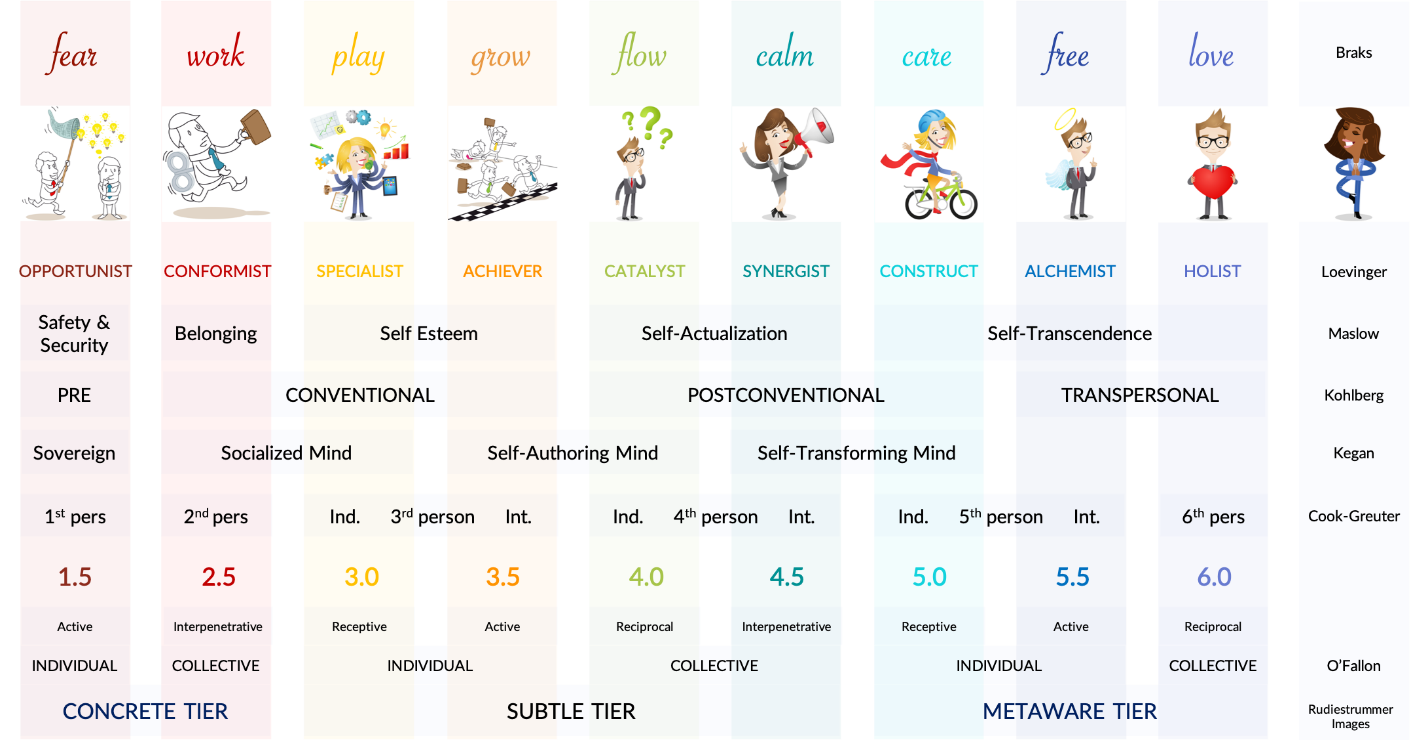
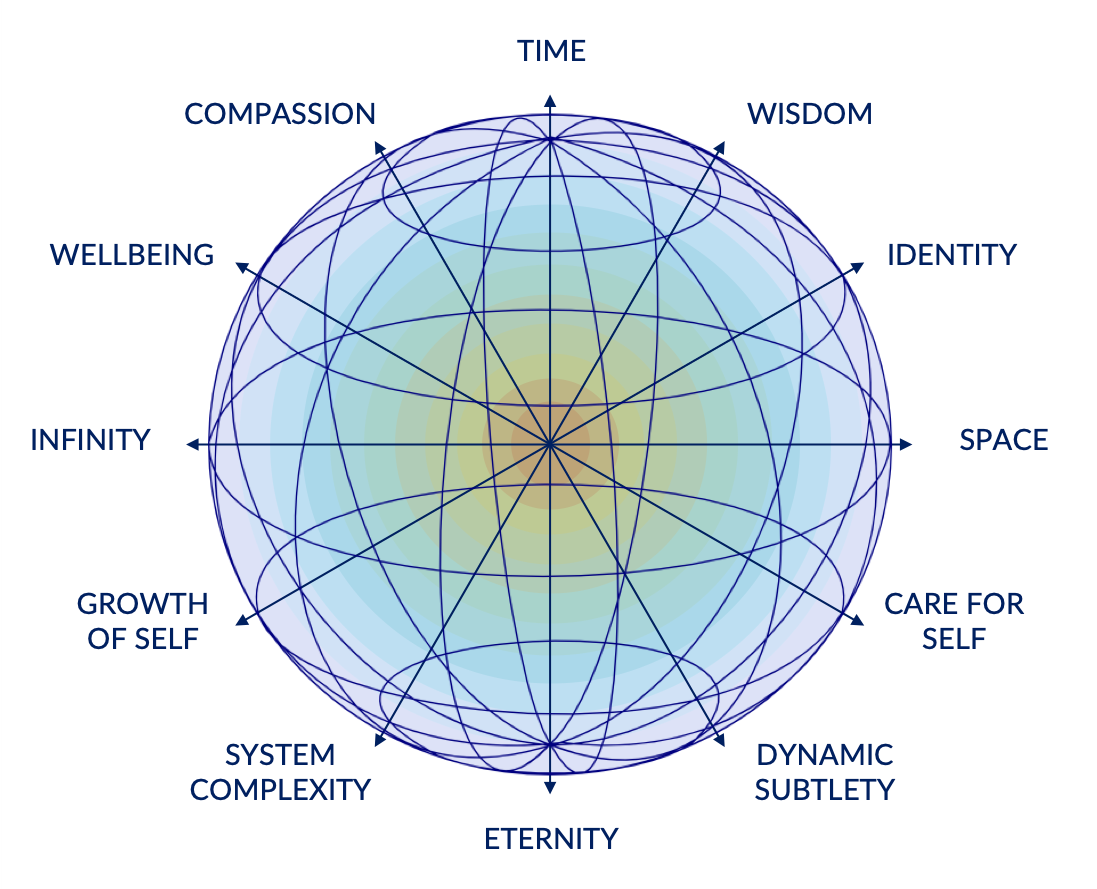
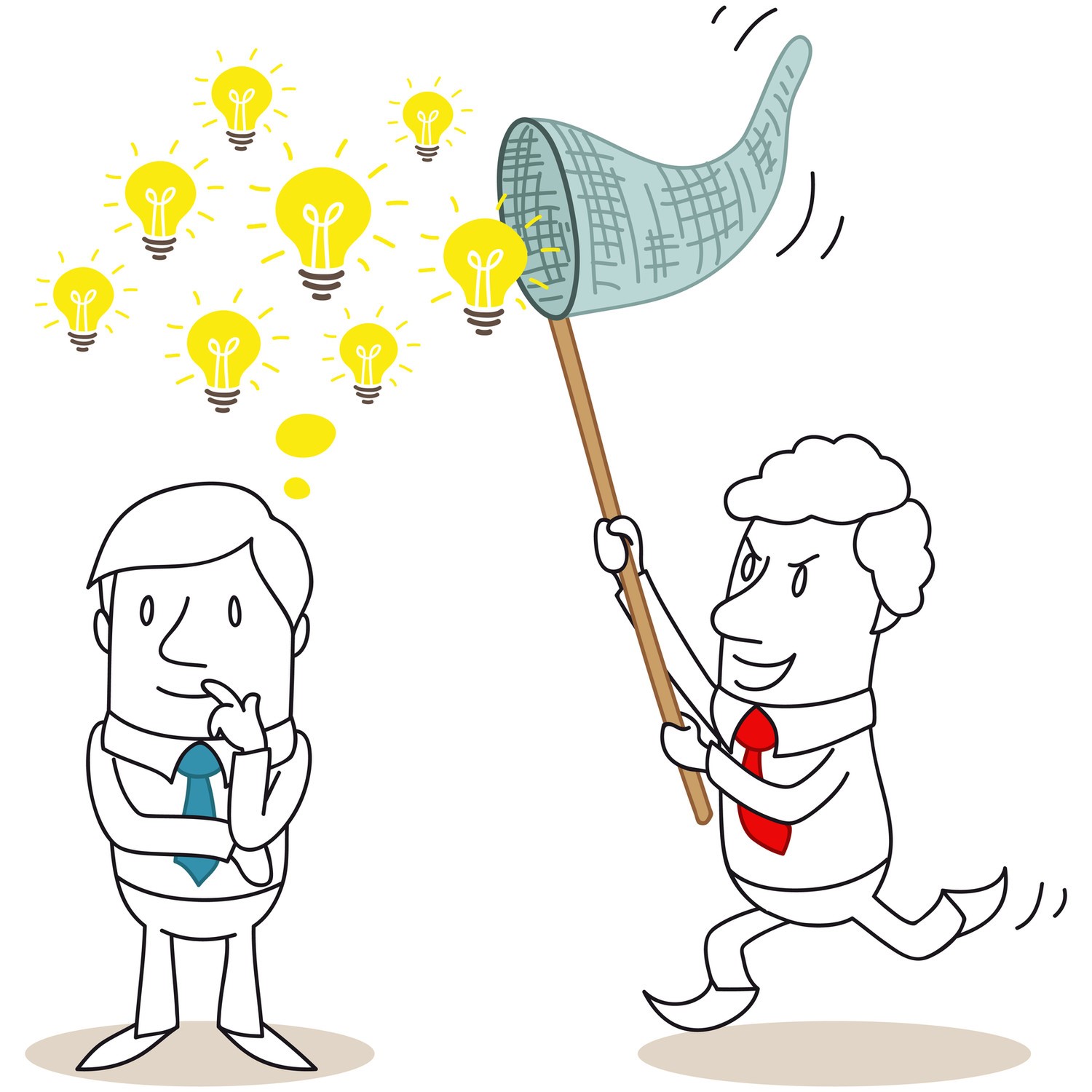



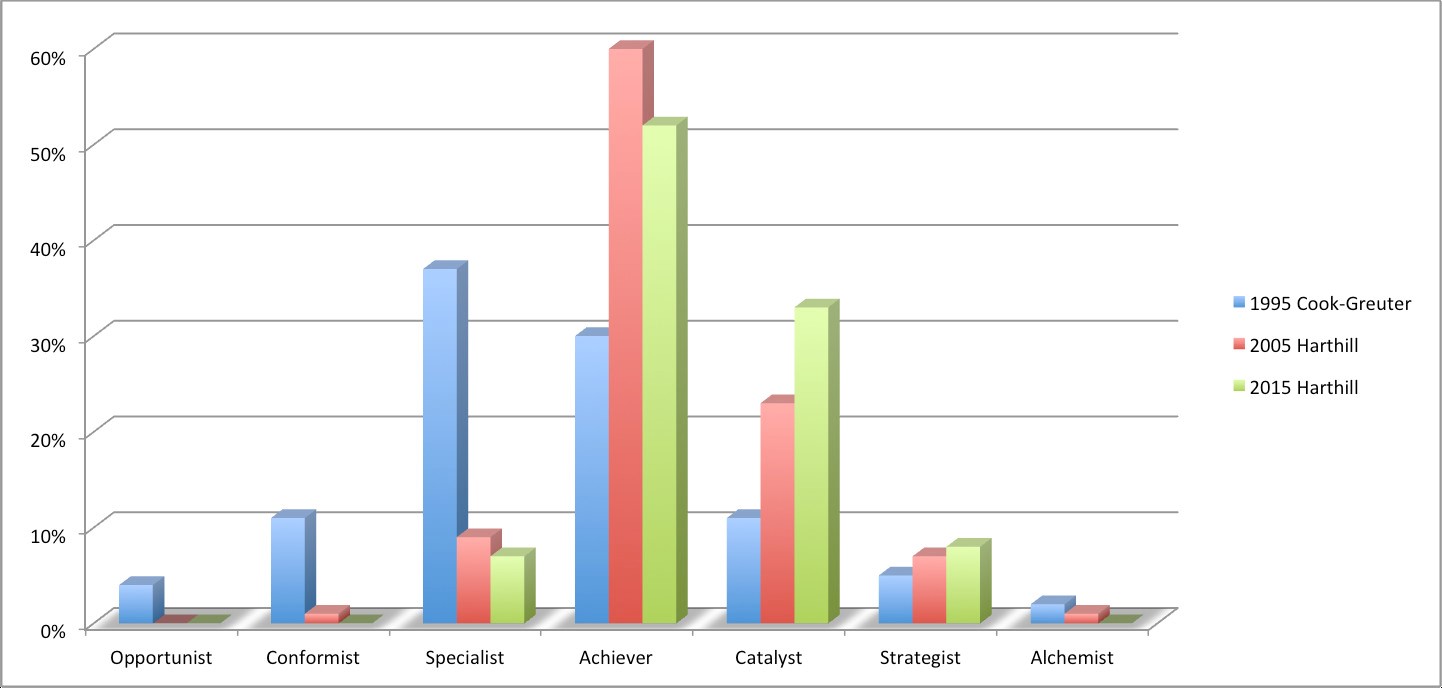




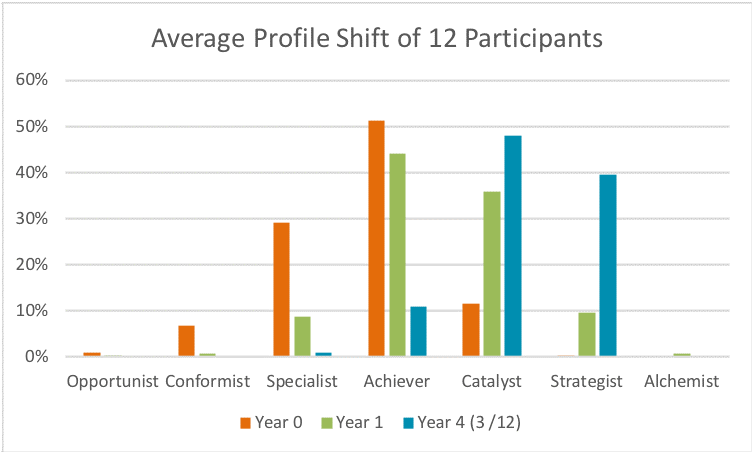
Leave a Reply
Want to join the discussion?Feel free to contribute!